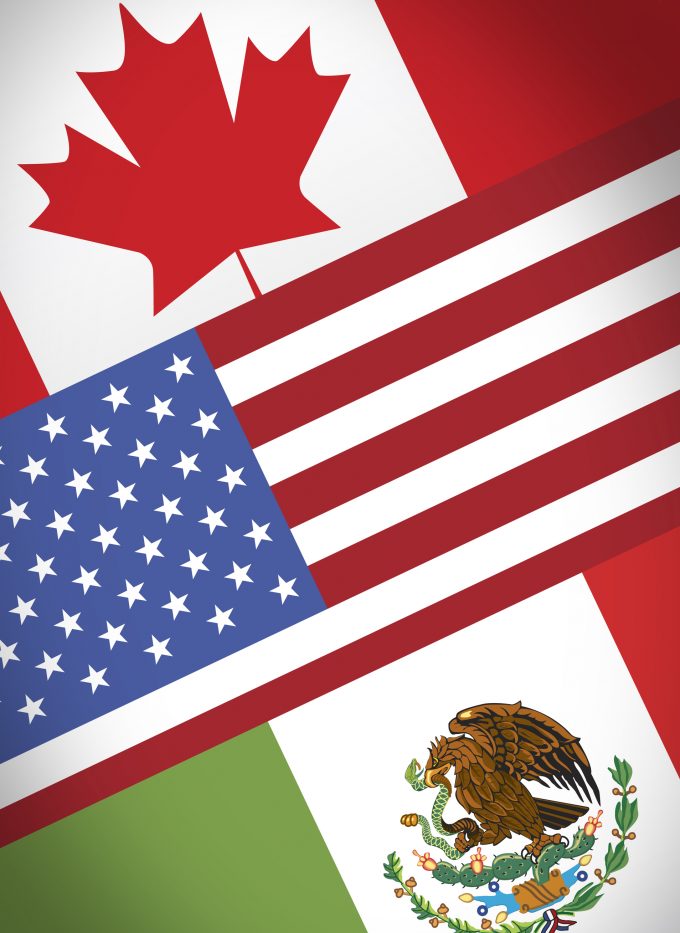What the US can learn from Brexit as it cuts de minimis exemption
One suspects customs formalities were not at the forefront of the White House administration’s mind ...
WTC: RIDE THE WAVEFDX: TOP EXEC OUTPEP: TOP PERFORMER KO: STEADY YIELD AND KEY APPOINTMENTAAPL: SUPPLIER IPOCHRW: SLIGHTLY DOWNBEAT BUT UPSIDE REMAINSDHL: TOP PRIORITIESDHL: SPECULATIVE OCEAN TRADEDHL: CFO REMARKSPLD: BEATING ESTIMATESPLD: TRADING UPDATEBA: TRUMP TRADE
WTC: RIDE THE WAVEFDX: TOP EXEC OUTPEP: TOP PERFORMER KO: STEADY YIELD AND KEY APPOINTMENTAAPL: SUPPLIER IPOCHRW: SLIGHTLY DOWNBEAT BUT UPSIDE REMAINSDHL: TOP PRIORITIESDHL: SPECULATIVE OCEAN TRADEDHL: CFO REMARKSPLD: BEATING ESTIMATESPLD: TRADING UPDATEBA: TRUMP TRADE

The US government has managed to organise a sit-down with its NAFTA partners, Canada and Mexico, to try and revamp a decades-old agreement. Digital trade, cross-border investment, intellectual property and environmental issues will all get a mention, but the primary focus will be on “rules of origin”. Despite many considering NAFTA’s existing rules of origin overly strict compared with many trade agreements, the bluster from the US is a desire to see these further tightened. Were this to happen, the impact on supply chains would be substantial, and in this piece, Supply Chain Dive looks at the implications.


Comment on this article